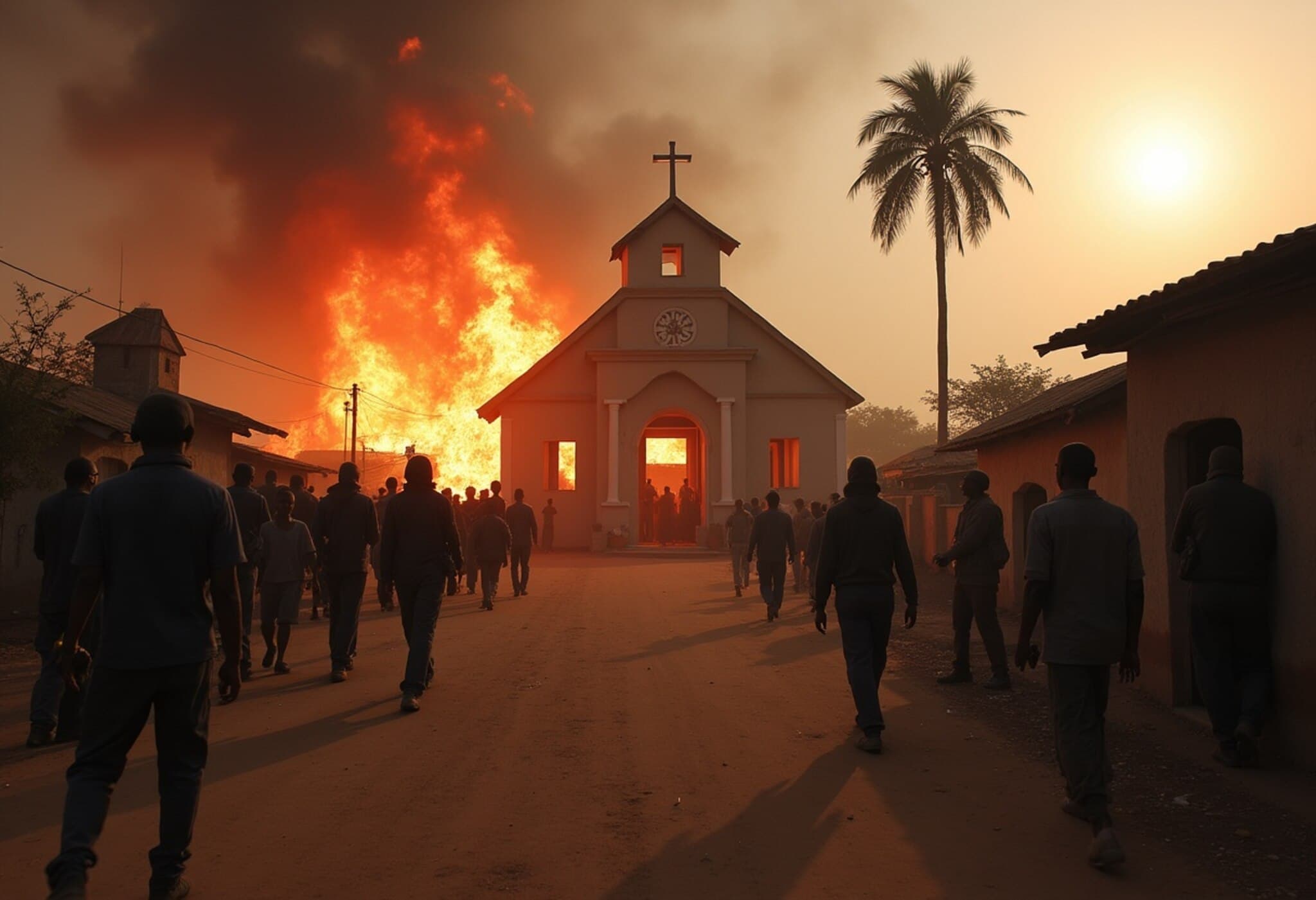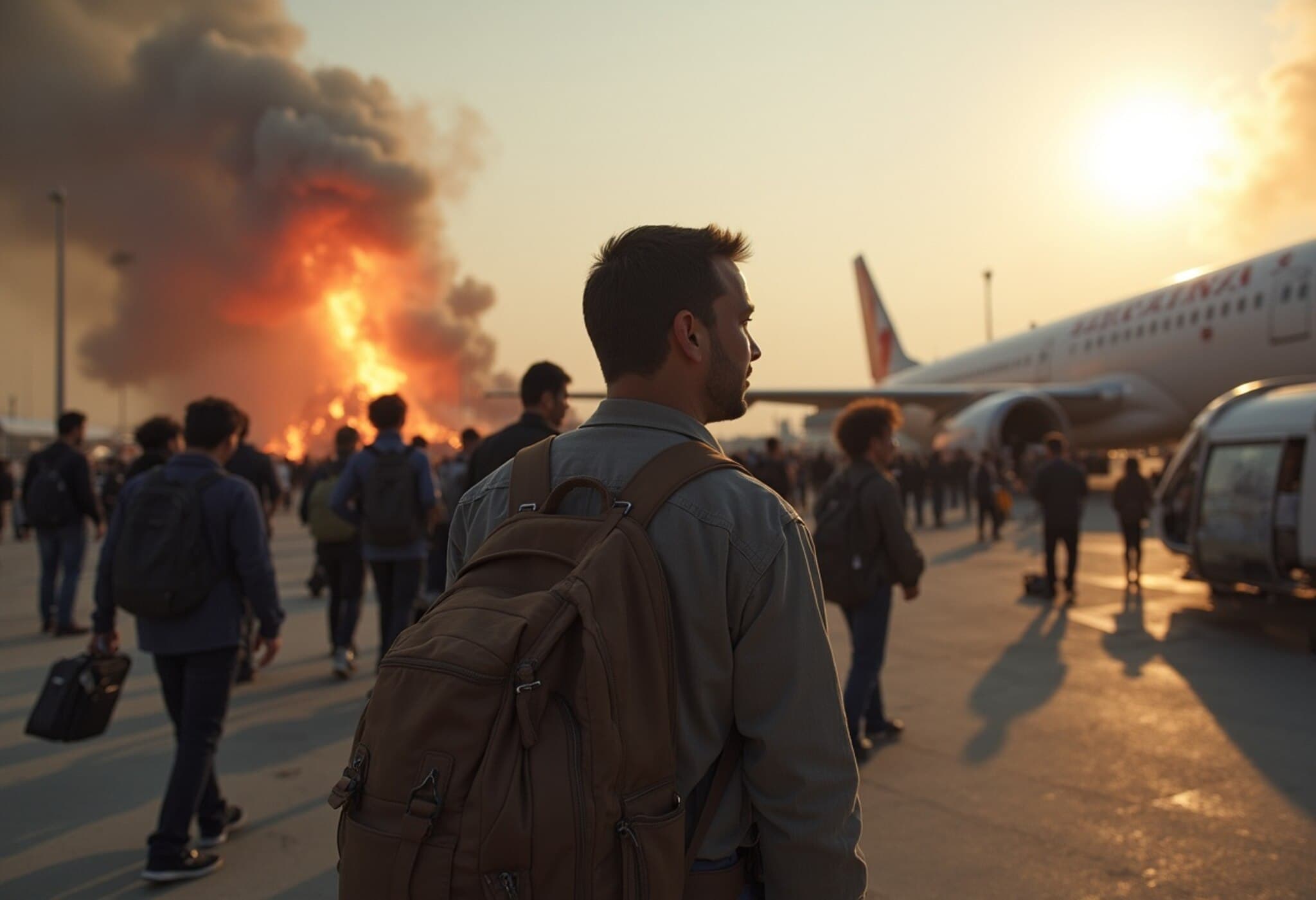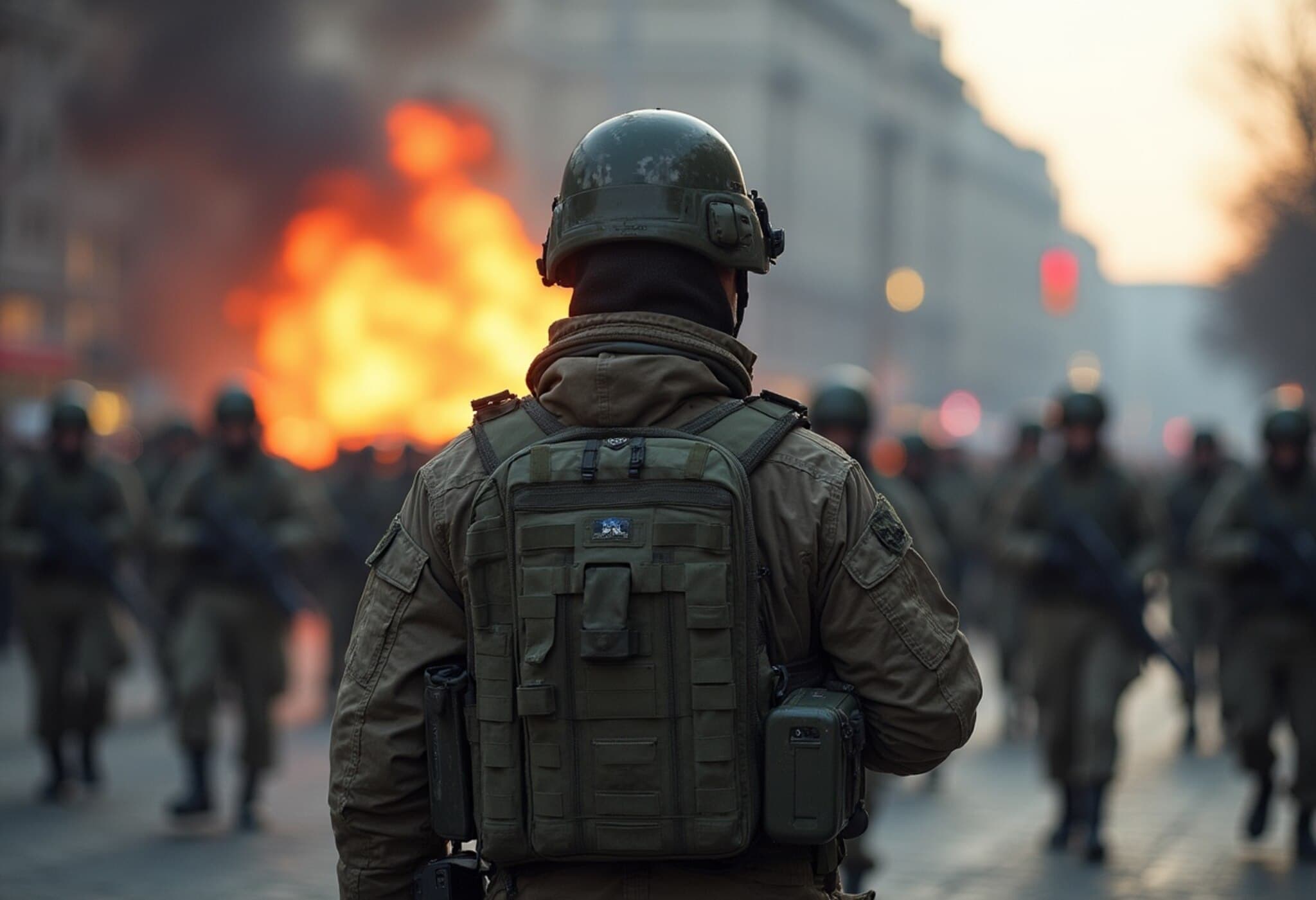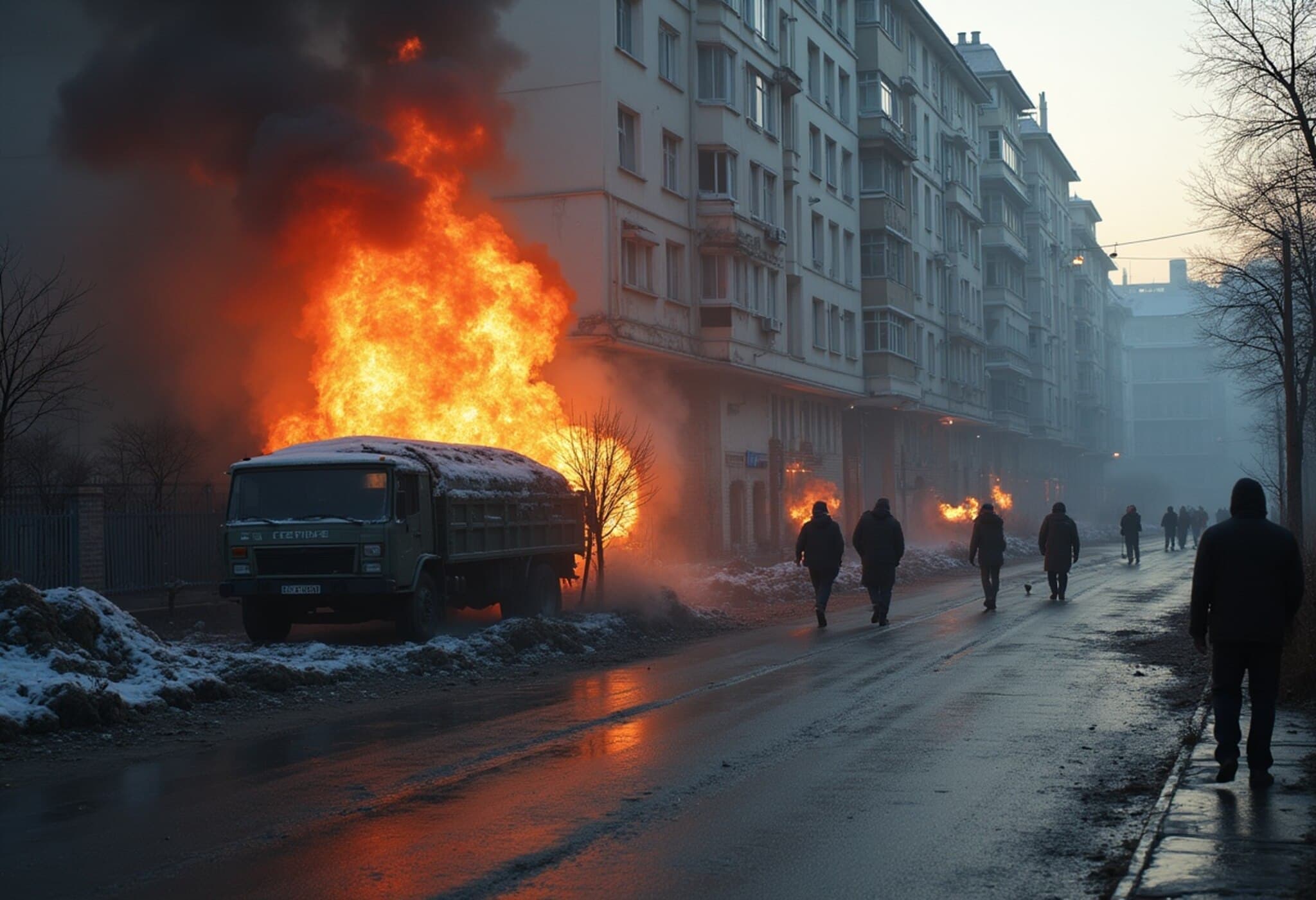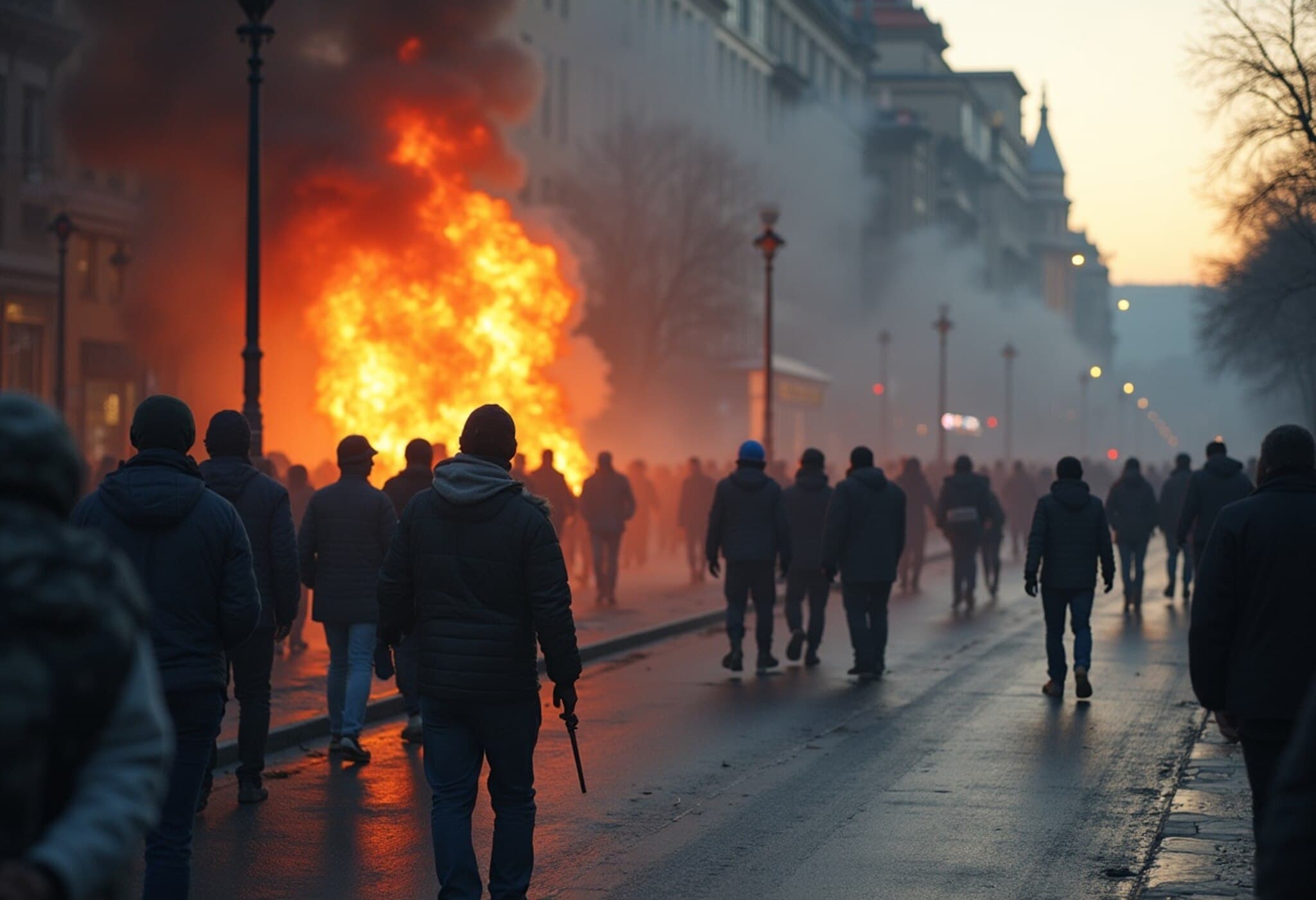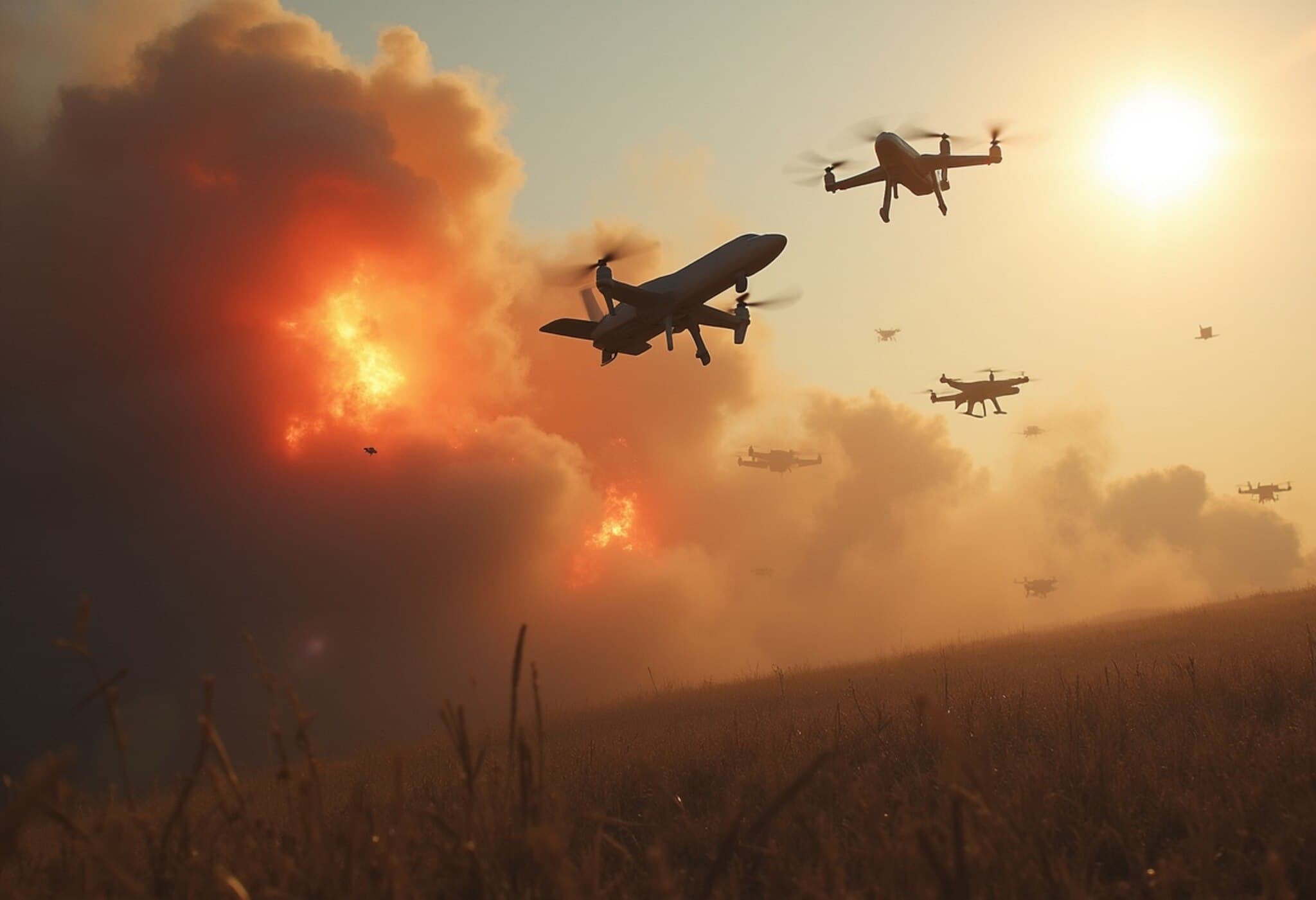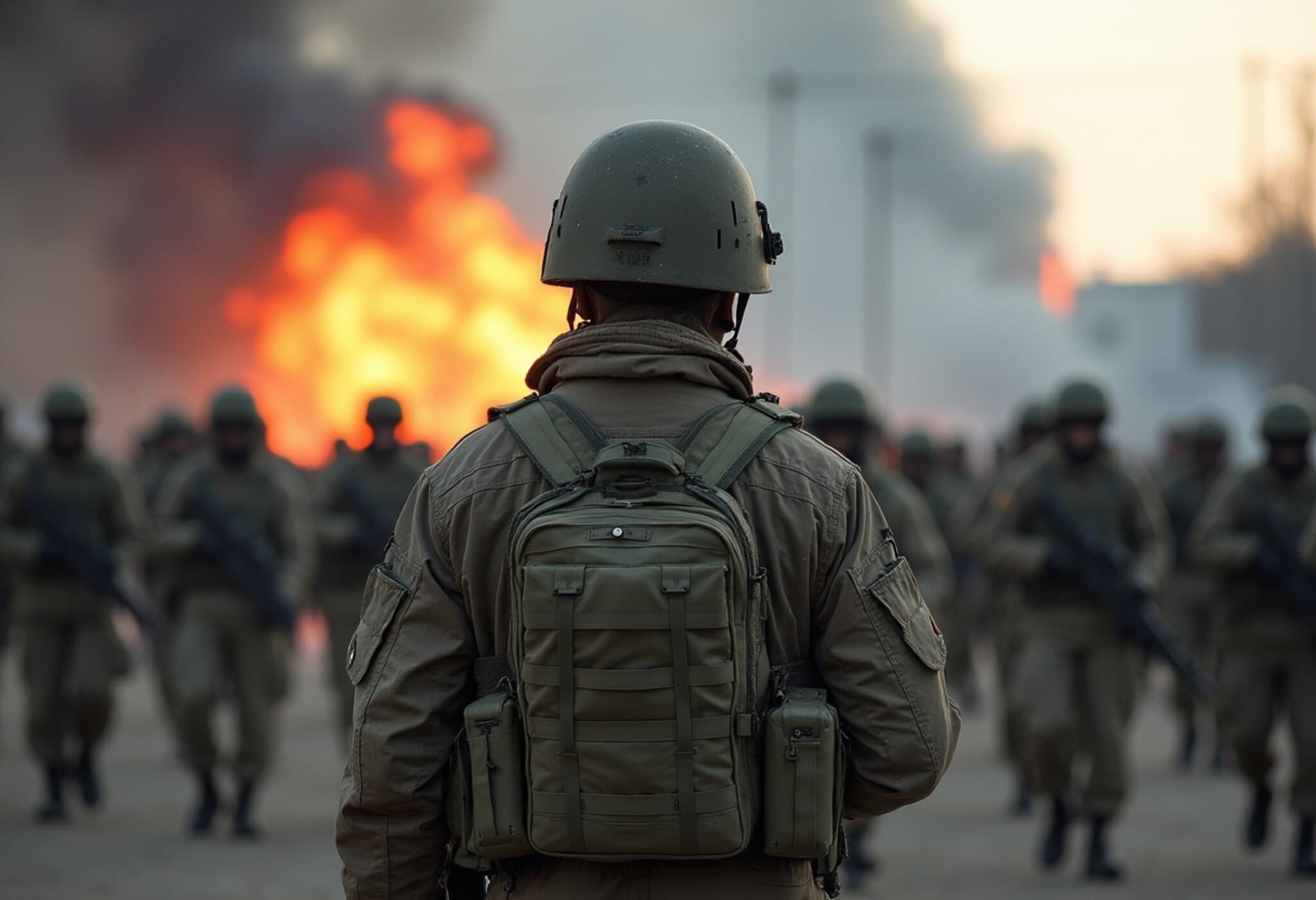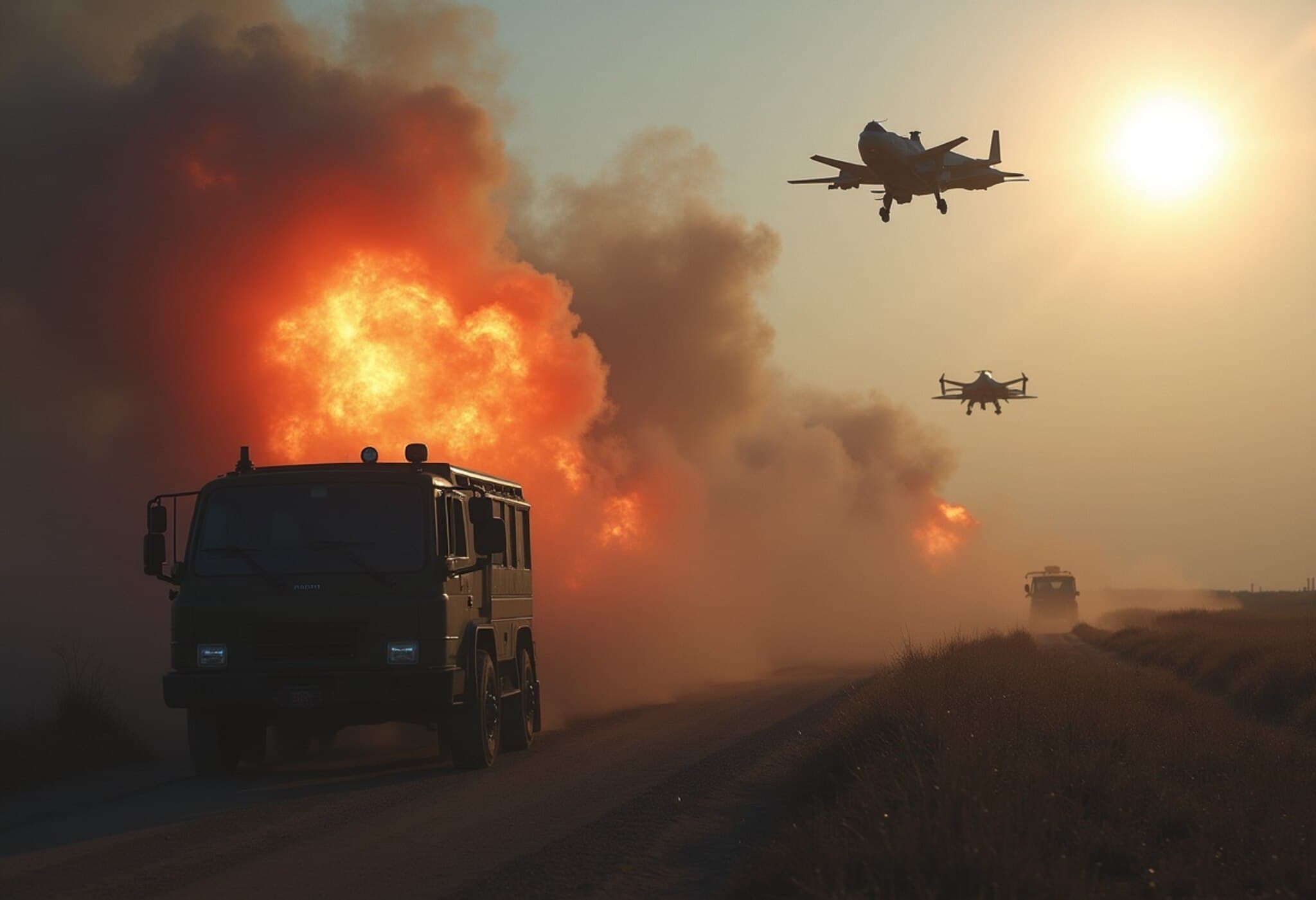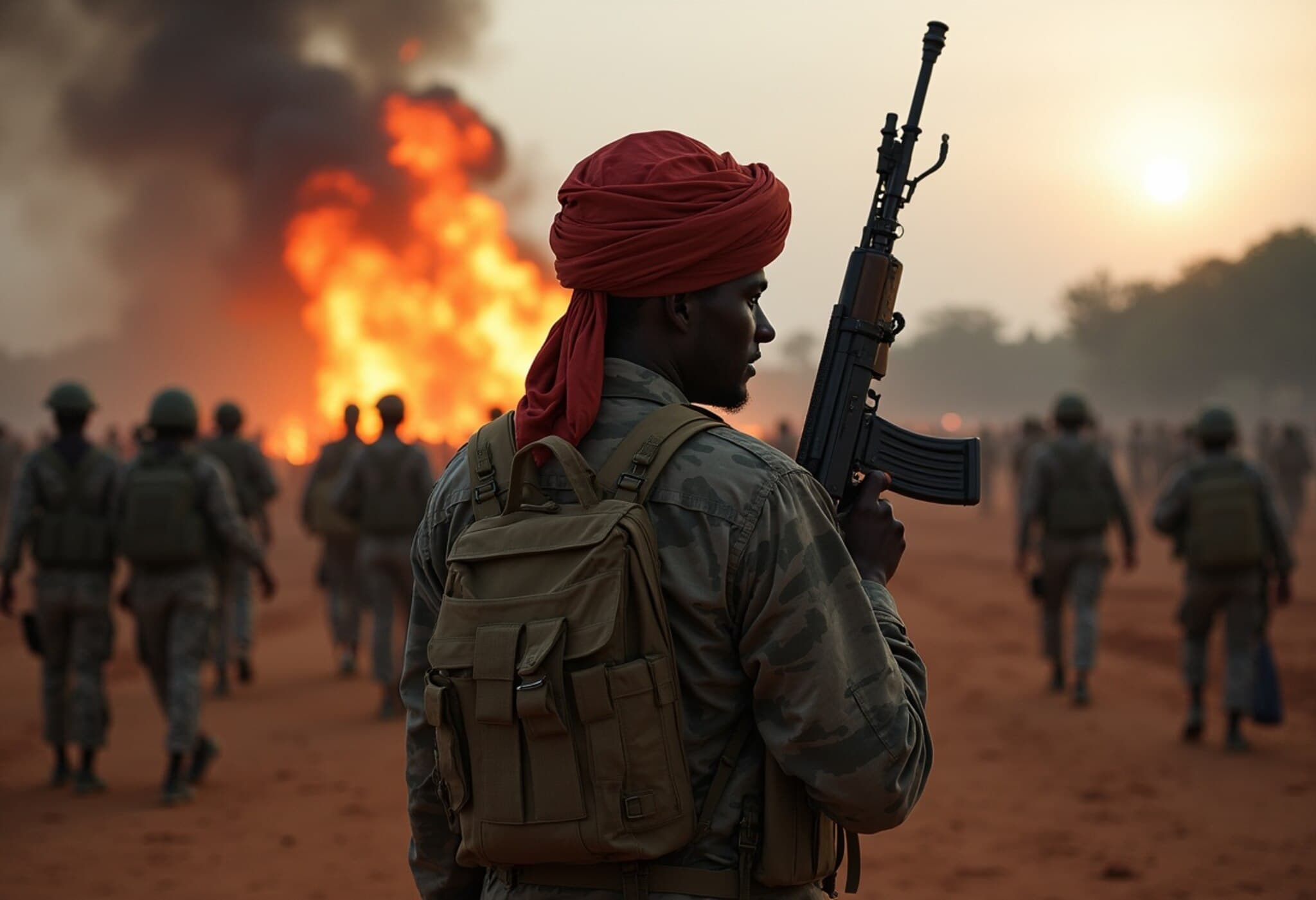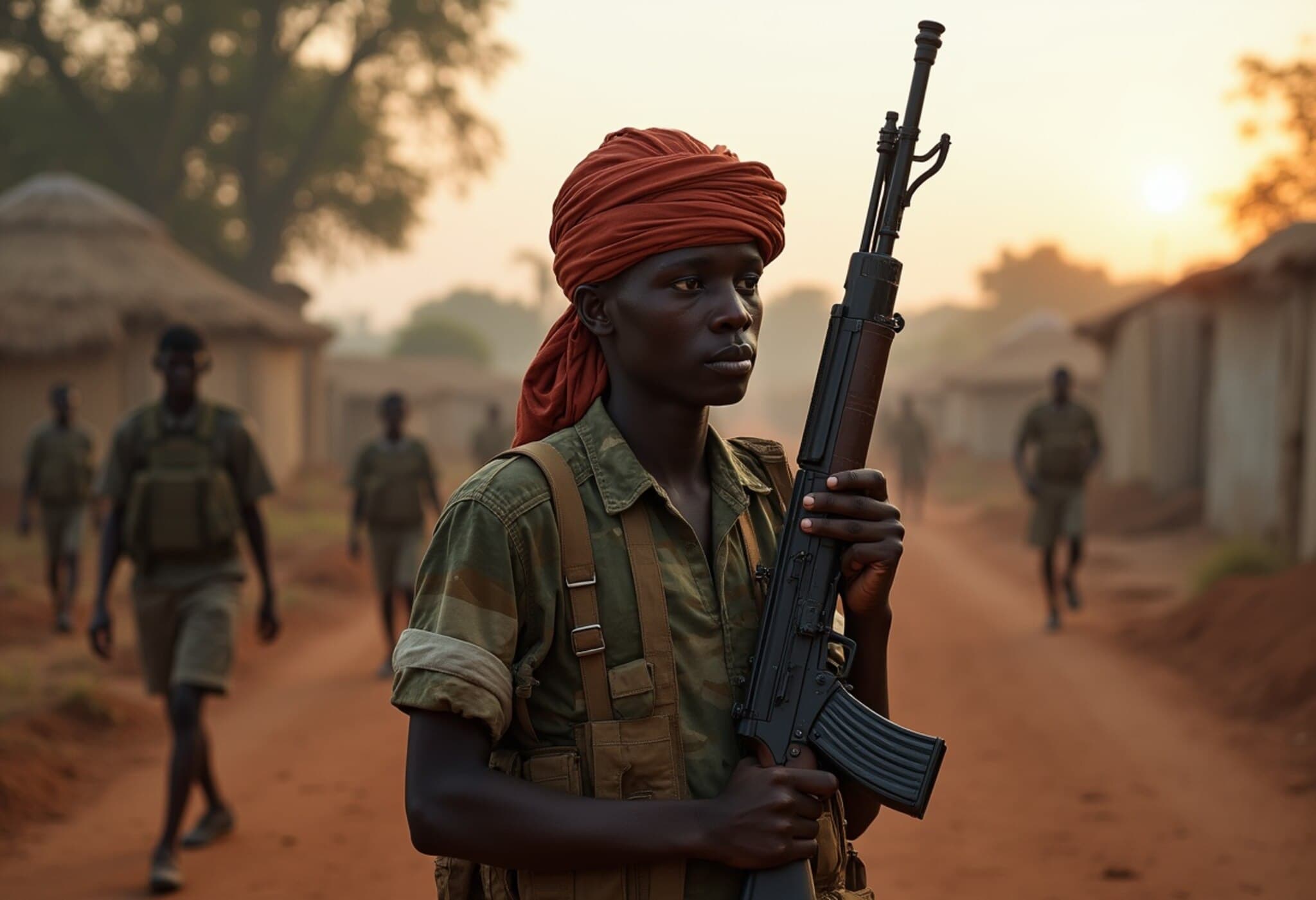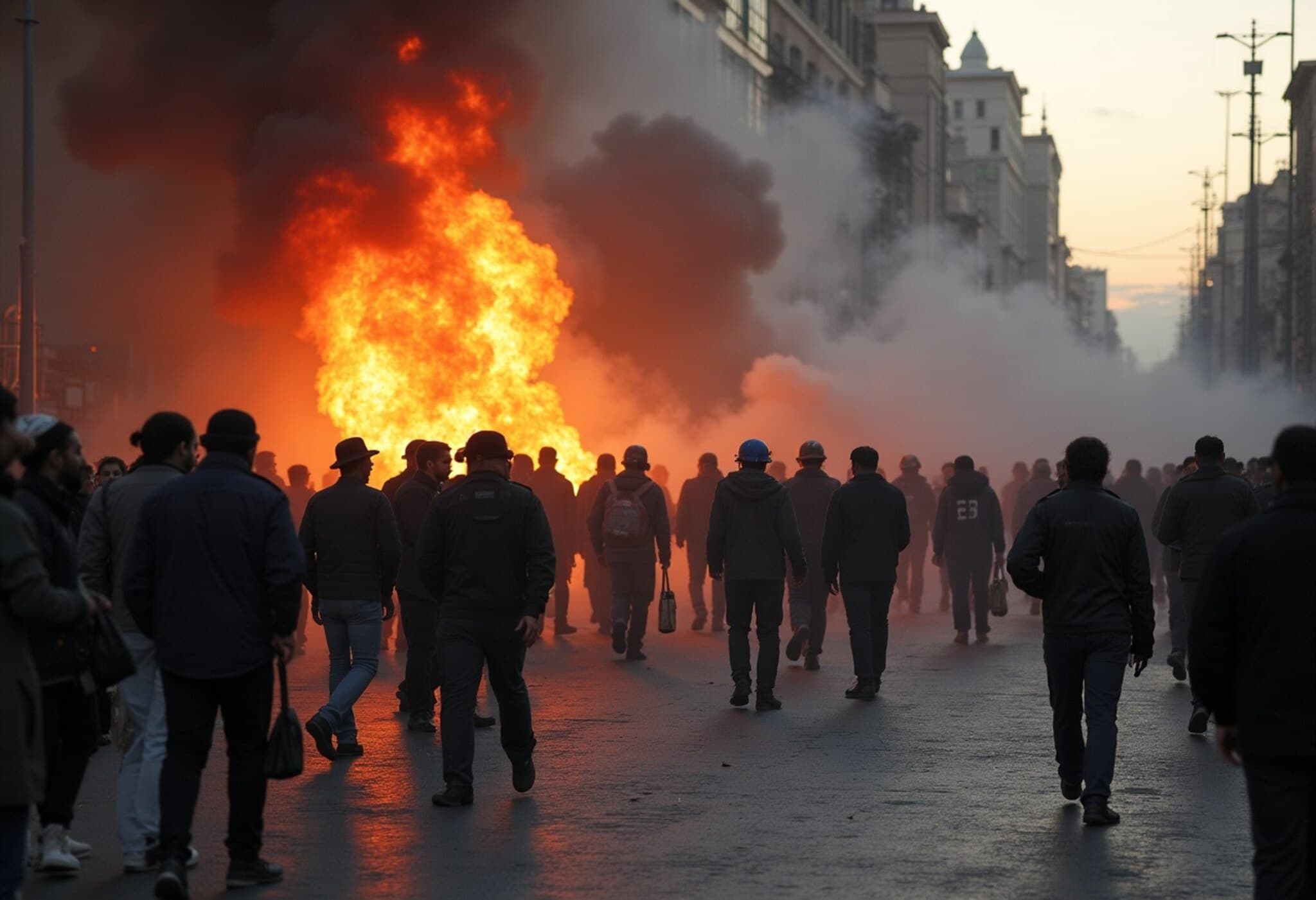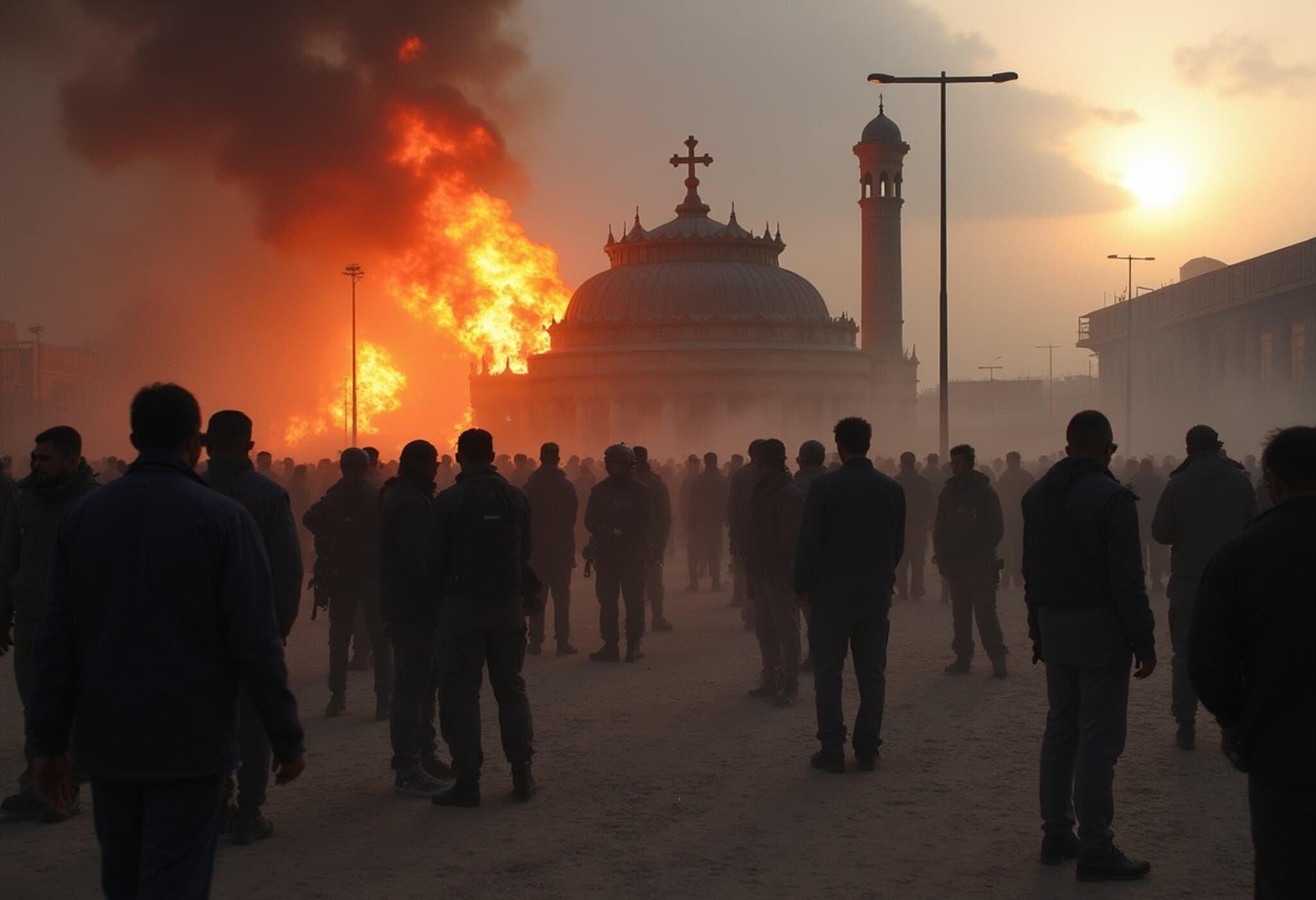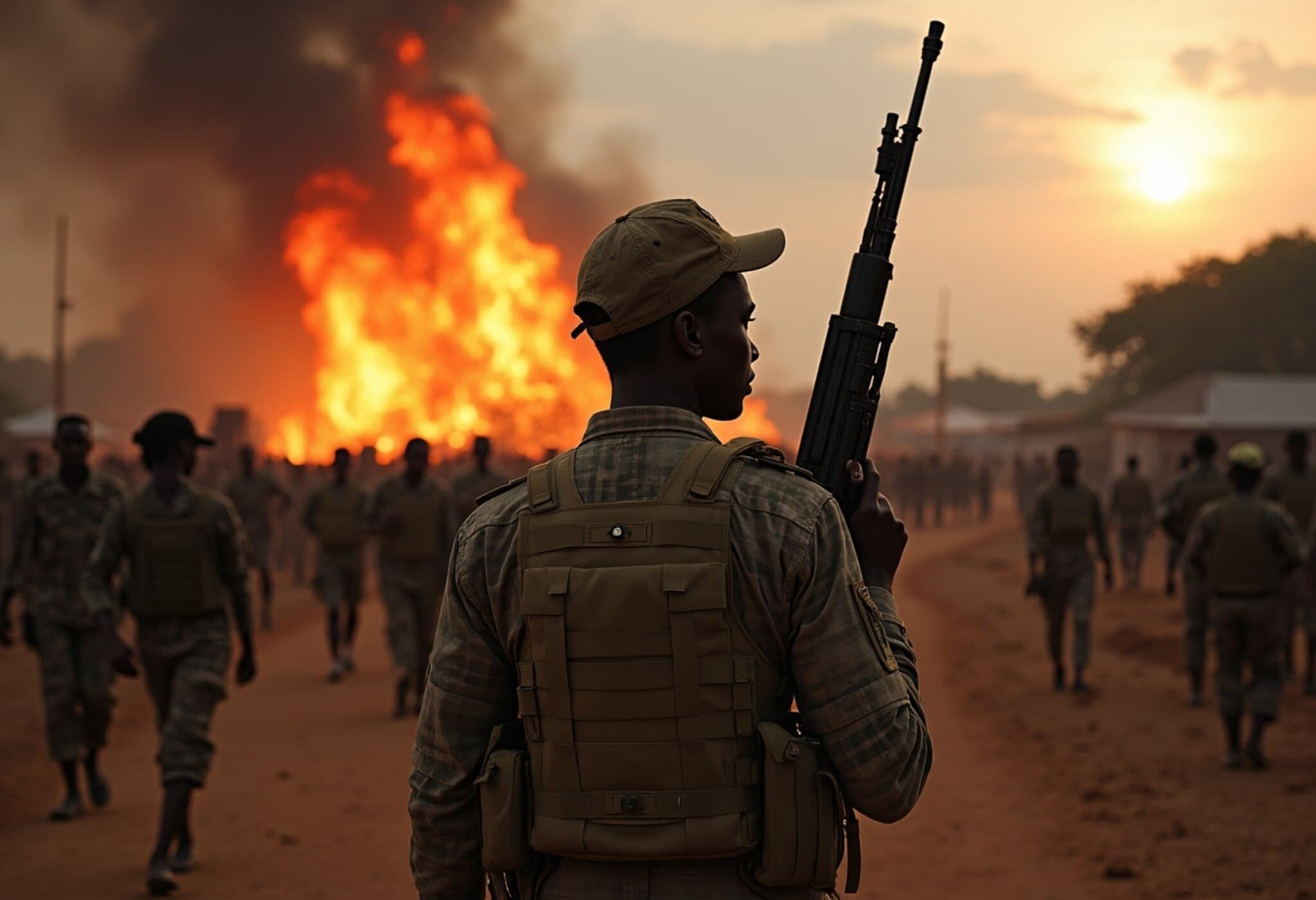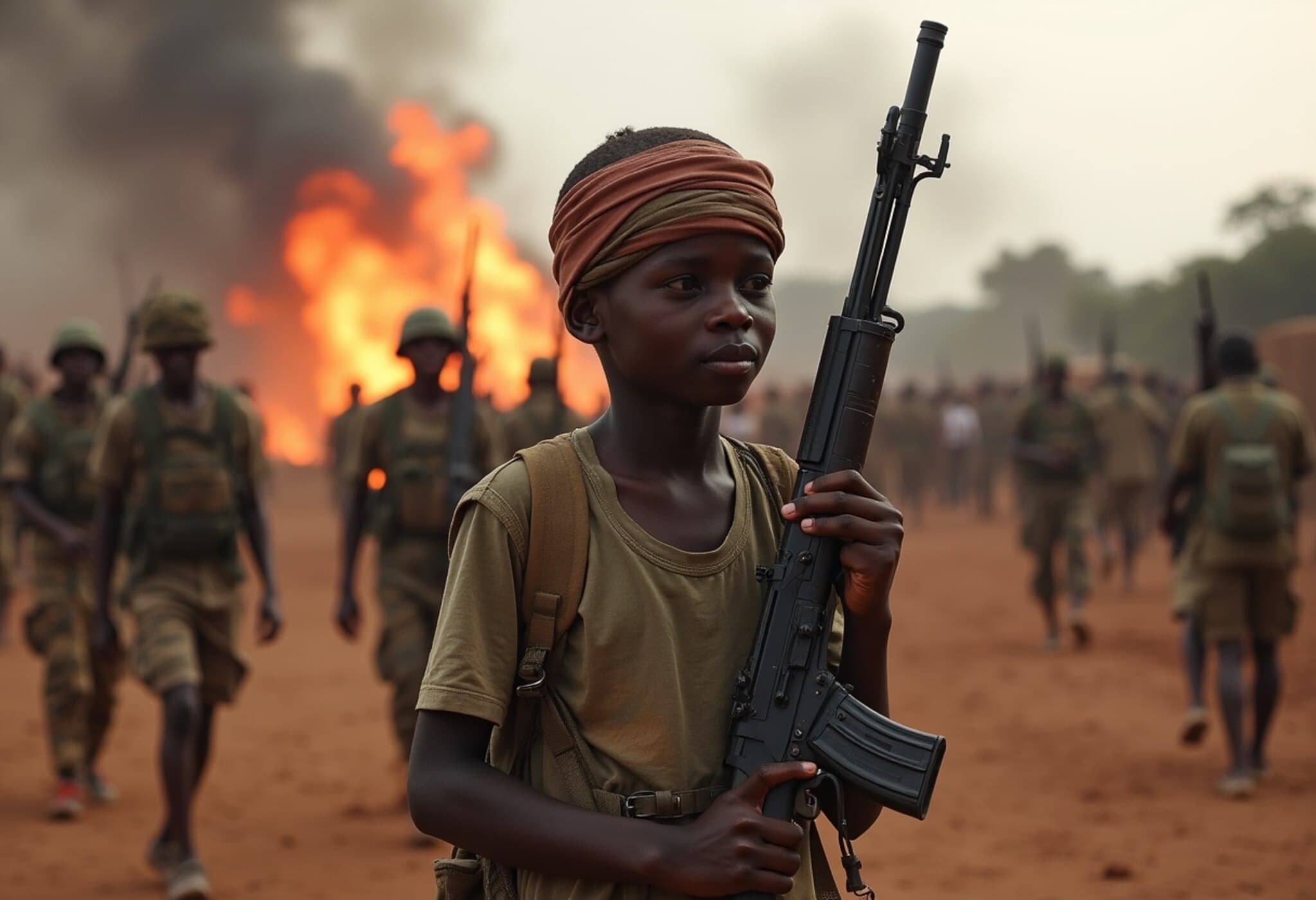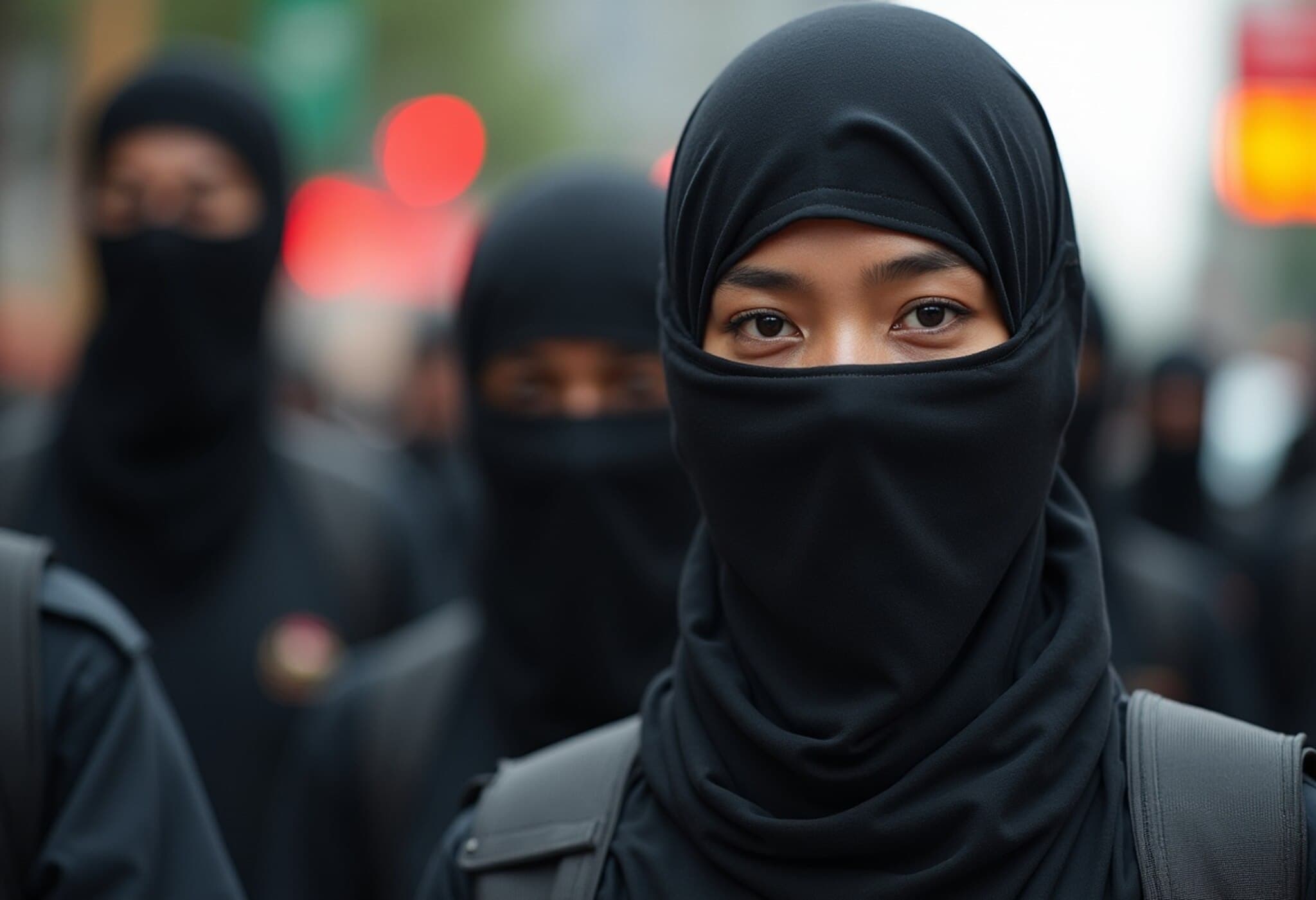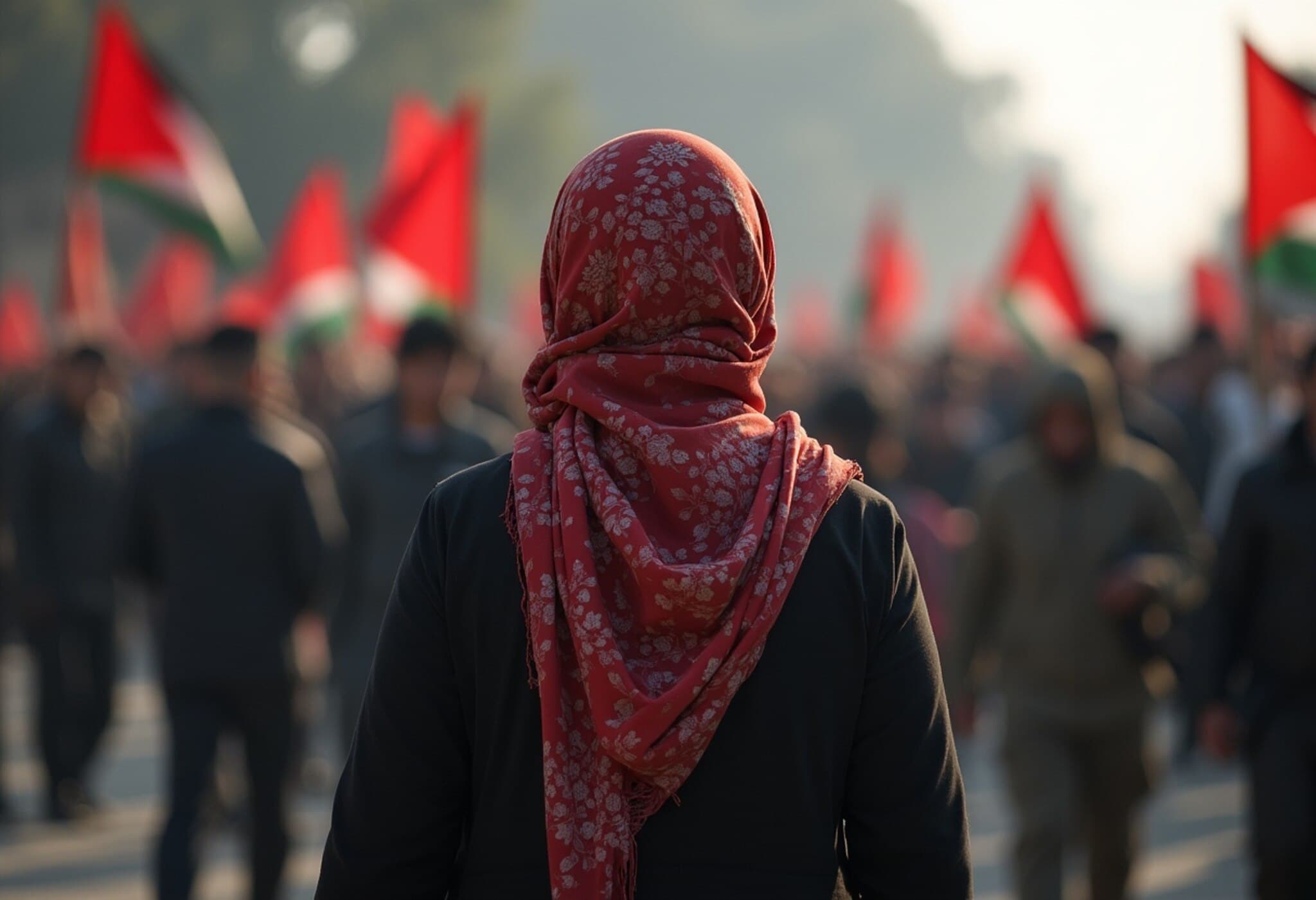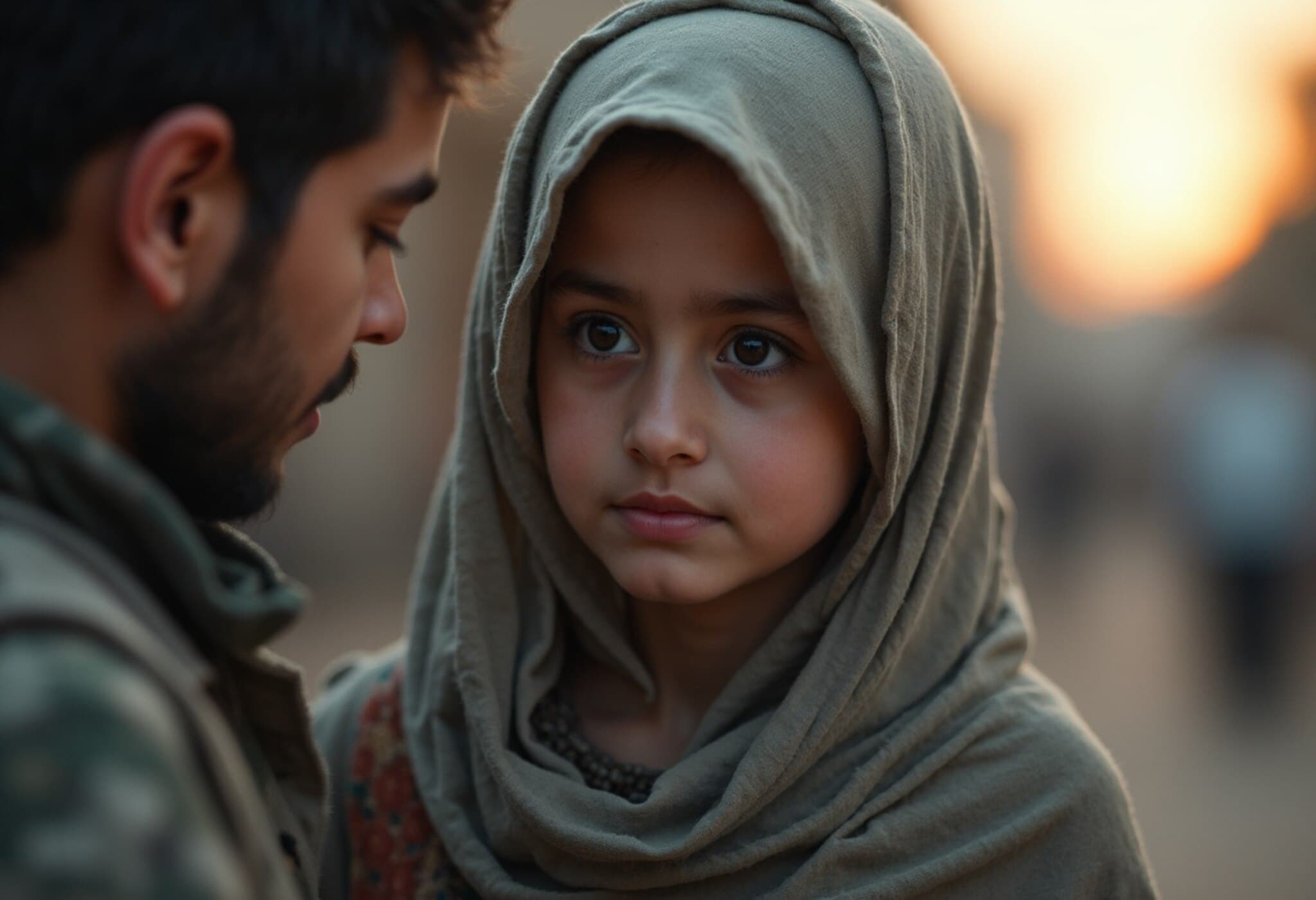Deadly Attack on Catholic Church in Eastern Congo Raises Alarm
In a harrowing incident that unfolded in the early hours of Sunday, the eastern region of the Democratic Republic of Congo (DRC) witnessed a brutal assault on a Catholic church, resulting in the deaths of at least 21 people. The attack, reportedly carried out by the Allied Democratic Forces (ADF), a rebel group affiliated with the Islamic State, has reignited concerns over security in a conflict-ridden area already grappling with decades of violence.
Details of the Attack
The assault occurred around 1 a.m. in Komanda, a town in Ituri Province, where militants armed with machetes stormed the church premises. Eyewitness accounts and local civil society leaders describe a grim scene with victims shot both inside and outside the place of worship. In addition to the loss of life, several houses and local shops were set on fire, deepening the community’s trauma.
Dieudonne Duranthabo, a civil society coordinator in the region, recounted to The Associated Press, “More than 21 people were shot dead inside and outside the church, and we have recorded at least three charred bodies amidst the destruction. Our search for survivors and victims continues.”
Contrasting Casualty Reports and Official Response
While civil sources report over twenty fatalities, the Congolese Armed Forces’ official spokesperson for Ituri, Lt. Jules Ngongo, presented a somewhat lower estimate. According to him, approximately 10 people were killed during the incursion, which involved armed men who also torched several shops nearby.
Such disparities in casualty figures are not uncommon in conflict zones where rapid information flow is challenged by security constraints and local complexities.
Understanding the Allied Democratic Forces and Regional Security Implications
The Allied Democratic Forces have operated along the volatile border area between Uganda and the DRC for over a decade, systematically targeting civilians and state infrastructure. Their affiliation with the Islamic State has heightened international concern over the group's shifting tactics and increased brutality.
This attack underscores the persistent instability in eastern Congo, a region rich in natural resources yet plagued by insurgencies and weak governmental presence. The repeated targeting of places of worship signals a disturbing trend where religious sanctuaries, traditionally safe spaces, have become battlegrounds, amplifying the humanitarian crisis.
Expert Commentary: The Broader Context
From a policy perspective, this incident highlights urgent challenges for regional security cooperation. The porous borders and rugged terrain facilitate the ADF's mobility and complicate military responses. Furthermore, the attack’s timing and choice of target may point to a strategy aimed at inflaming ethnic and religious tensions within the DRC.
Experts stress the need for a multi-faceted approach that combines robust security measures with community reconciliation initiatives and development aid to prevent the cycle of violence from escalating.
Underreported Dimensions and Critical Questions
- What support systems exist for survivors and the displaced communities in Komanda?
- How are local and international actors coordinating to counter the ADF's growing influence?
- What role can faith-based organizations play in peacebuilding in regions marked by religiously targeted violence?
Looking Ahead: Toward Stability and Reconciliation
As investigations continue, the attack on the Komanda church serves as a stark reminder of the fragile security environment in eastern Congo. The resilience of local communities, combined with sustained national and international commitment, remains critical to restoring peace and safeguarding human rights in this turbulent region.
Editor’s Note
This tragic event in eastern Congo not only reveals the devastating human cost of insurgent violence but also presses the global community to reflect on long-term solutions. How can international stakeholders contribute meaningfully without perpetuating dependency? What innovative strategies might foster sustainable peace amid complex local dynamics? As the situation evolves, informed engagement and empathy for affected populations are paramount.

